In professional practice, whether you are a lawyer, an accountant, financial advisor, or other professional, there will be a code of ethical conduct that governs your interactions with the profession and with clients.
For lawyers, all law societies in each state have a dedicated ethics team. In Queensland, you can call QLS Ethics for dedicated advice from a senior practitioner about ethical situations. Lawyers are also the subject of the Australian Solicitors Conduct Rules. These conduct rules govern how lawyers carry out their practice within the legal profession.
Accountants are governed by the accounting professional and ethical standards board. This applies whether you are a CPA or CA. CPA offers their members a service called Ethi-call. This is a free ethics helpline, along with tools and templates for members of CPA. CA has a professional standards team through which you can contact a senior practitioner for advice and support.
Financial advisors are the subject of the Financial Advisors Standards and Ethics Advisory along, with a code of ethics.
From a personal and practical perspective, Elizabeth takes the view, and will often be heard saying, “If it feels wrong in your gut, don’t do it.” We’ve all been there and know the feeling. An issue comes up. It doesn’t feel quite right. You feel a sense of dread. You feel your body react, that point in your tummy just below the ribs. That feeling that says, “Hang on a minute, I don’t feel good about this.”
When do ethical issues arise?
Ethical issues do come up in practice from time to time. From a legal perspective, there are issues which arise relating to whether there is a conflict of interest for a lawyer to act for a certain party, or whether knowledge about information and client confidentiality impacts our ability to do our job well.
Ethical issues arise when we aren’t paying attention. If we are working under pressure, trying to impress our boss and do the right thing, or if we are in over our head, feeling lost without guidance, then ethical quandaries can arise, which can impact our practice and our ability to do our job properly.
Issues can also arise when we make mistakes. Perhaps you’ve been working away on a file and an issue has occurred. You know you’ve made a mistake, but rather than tell anyone about it, you try to fix it, and it gets worse, and you get deeper and deeper into trouble.
It might be that you haven’t had clear guidance about the task that needs to be completed. You might not have all of the information, and as a result of the work you were doing, you find yourself in a position of conflict because you didn’t know the whole picture.
What can you do to avoid ethical issues arising?
When you receive instructions about the work you are to undertake, ask questions. Ask lots of questions, clarify who your client is and the overall task to be undertaken. If your role is part of a bigger team, ask questions to ensure that you understand the whole scenario rather than just your part of it, so that you can avoid running into issues that conflict with other parts of the transaction.
If you uncover a mistake or an error – talk to your supervisor straight away. Don’t try to fix the issue on your own full. Work out what went wrong, work out what you would do to fix it, and then talk to your manager. Potentially trying to fix the matter might make matters worse.
If you aren’t sure, or you aren’t confident in getting advice from your supervisor, call the ethics department available to you. These are free confidential calls that you can make to get guidance about what to do next. Ultimately, we wouldn’t recommend not telling your supervisor. If you do seek advice from an external party, take that advice on board, put it into your strategy, but talk to your supervisor.
If you feel like a matter, or steps you are taking, are taking a turn for the worse, ask for help. As an early career professional, there are limits on what can be expected of you. Seek guidance early, and keep asking questions.




